Description
The early years of Bangladesh were marked by high hopes and aspirations under the leadership of Sheikh Mujibur Rahman. However, his assassination in 1975 ushered in a series of military-led governments that altered the course of the country’s democracy. The return to civilian rule in the 1990s lead to unrest, electoral disputes, and questions about democratic integrity alongwith allegations of corruption, authoritarian governance, and suppression of opposition voices became a defining feature of Bangladeshi politics. This book seeks to provide an impartial, well-researched account of Bangladesh’s political history from its origins in ancient India to its birth as a sovereign nation to its current state. It explores the broader implications of political shifts, economic policies, social movements, and international influences that have played a role in shaping the country’s trajectory. Through an in-depth examination of historical records, and a studied analysis, this book aims to offer a comprehensive perspective on Bangladesh’s governance and its challenges. By examining the past and present, we can better understand the potential future of this vibrant and often volatile democracy and I hope this book provides valuable insights into one of the most dynamic political landscapes in the world.





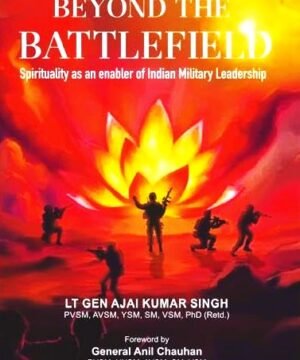
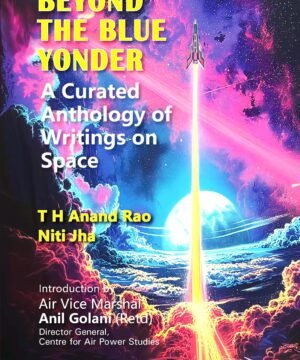


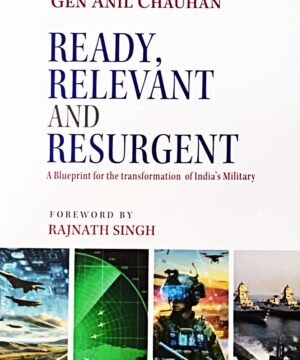
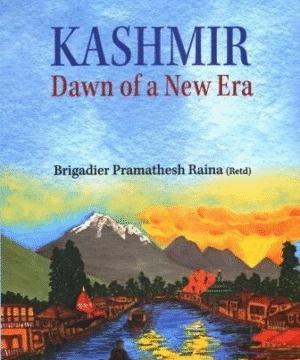








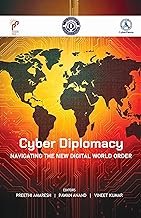




Reviews
There are no reviews yet.